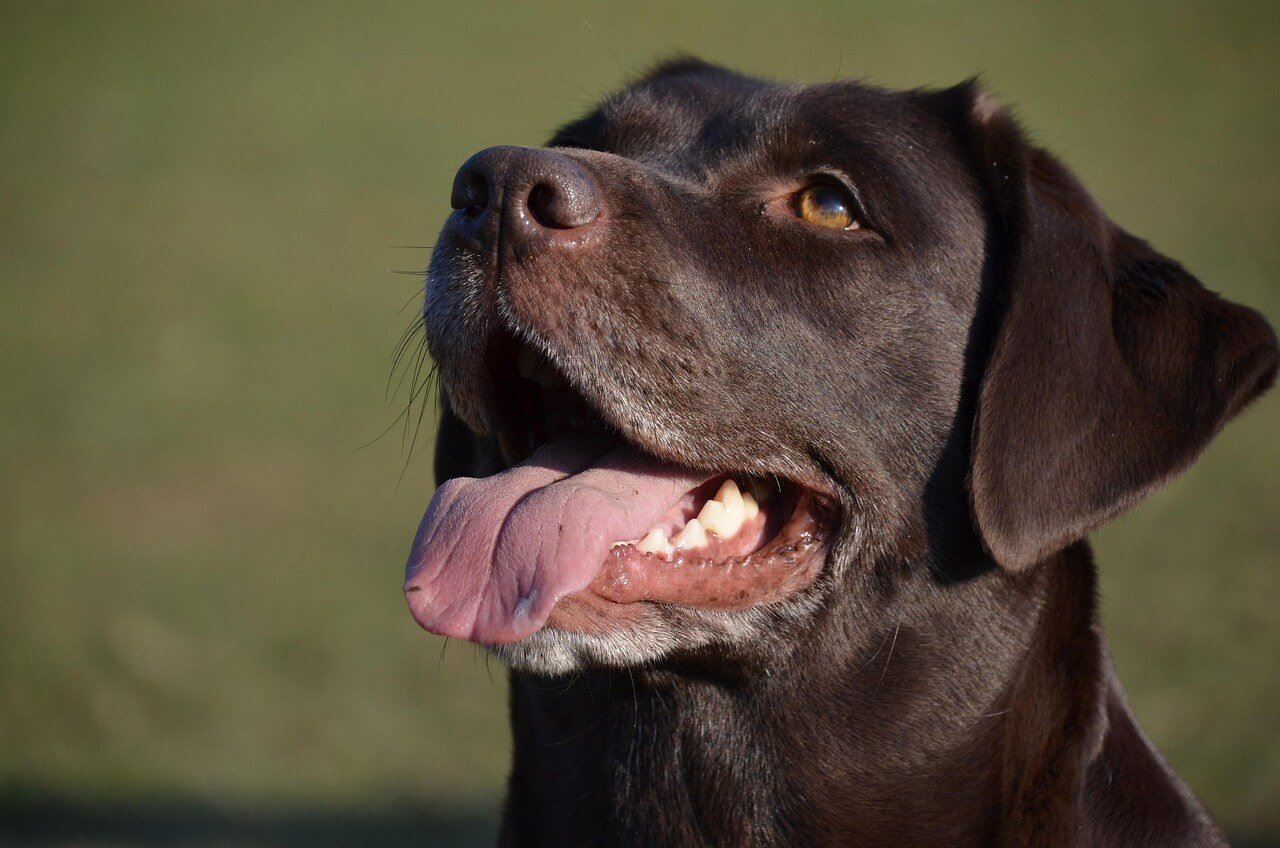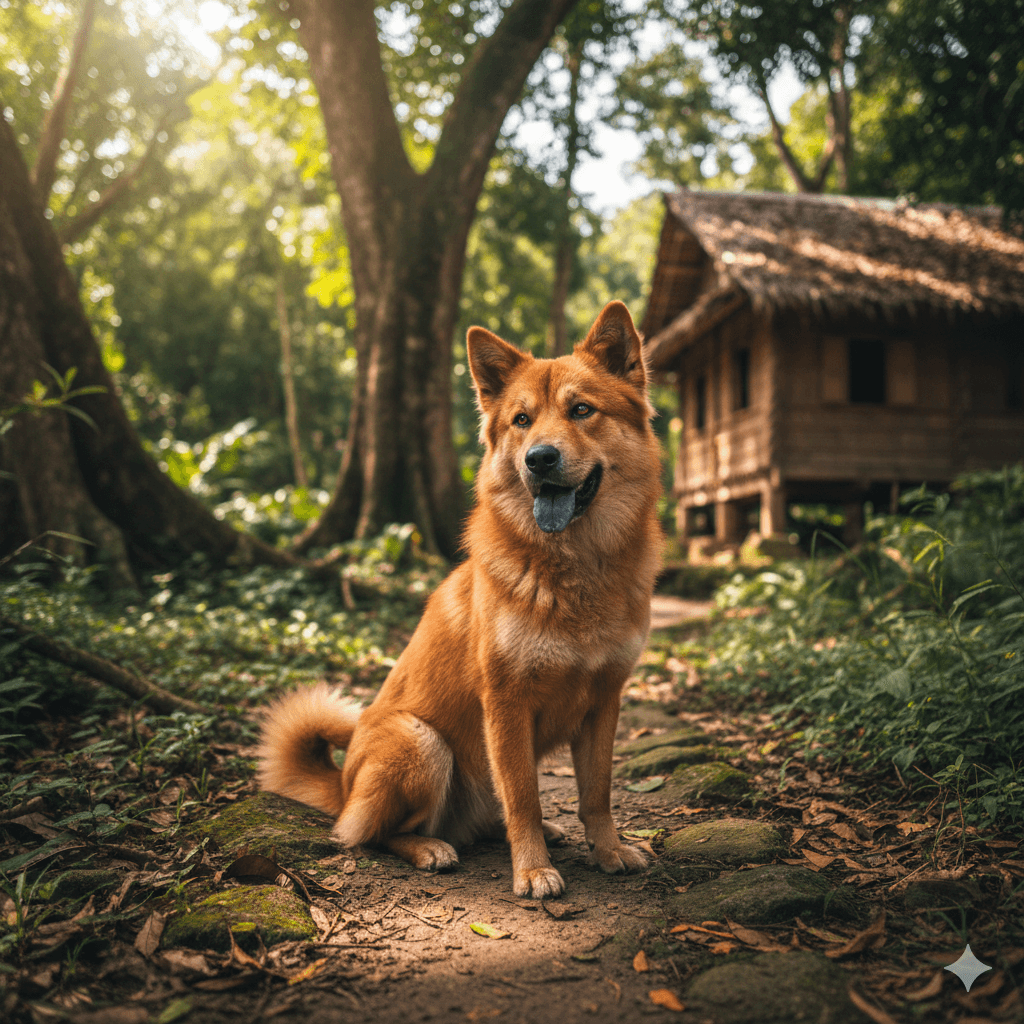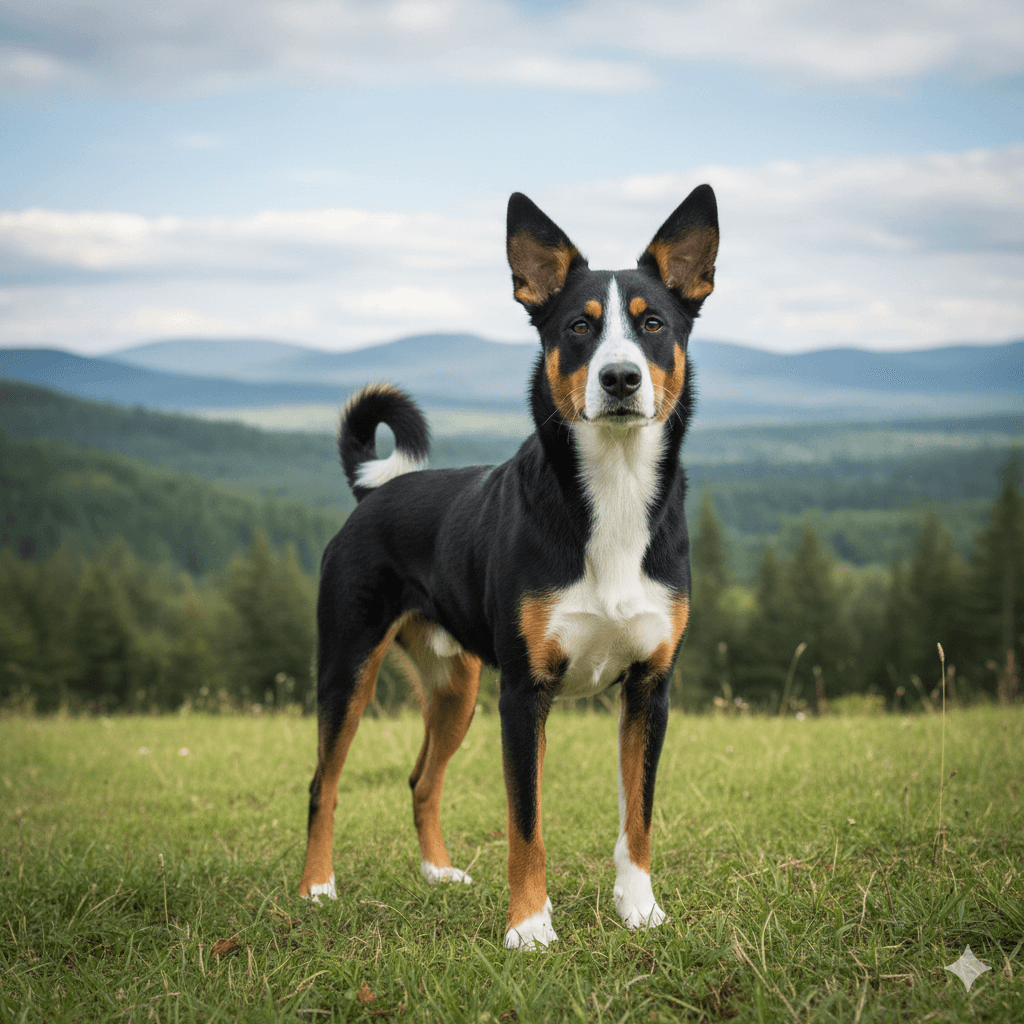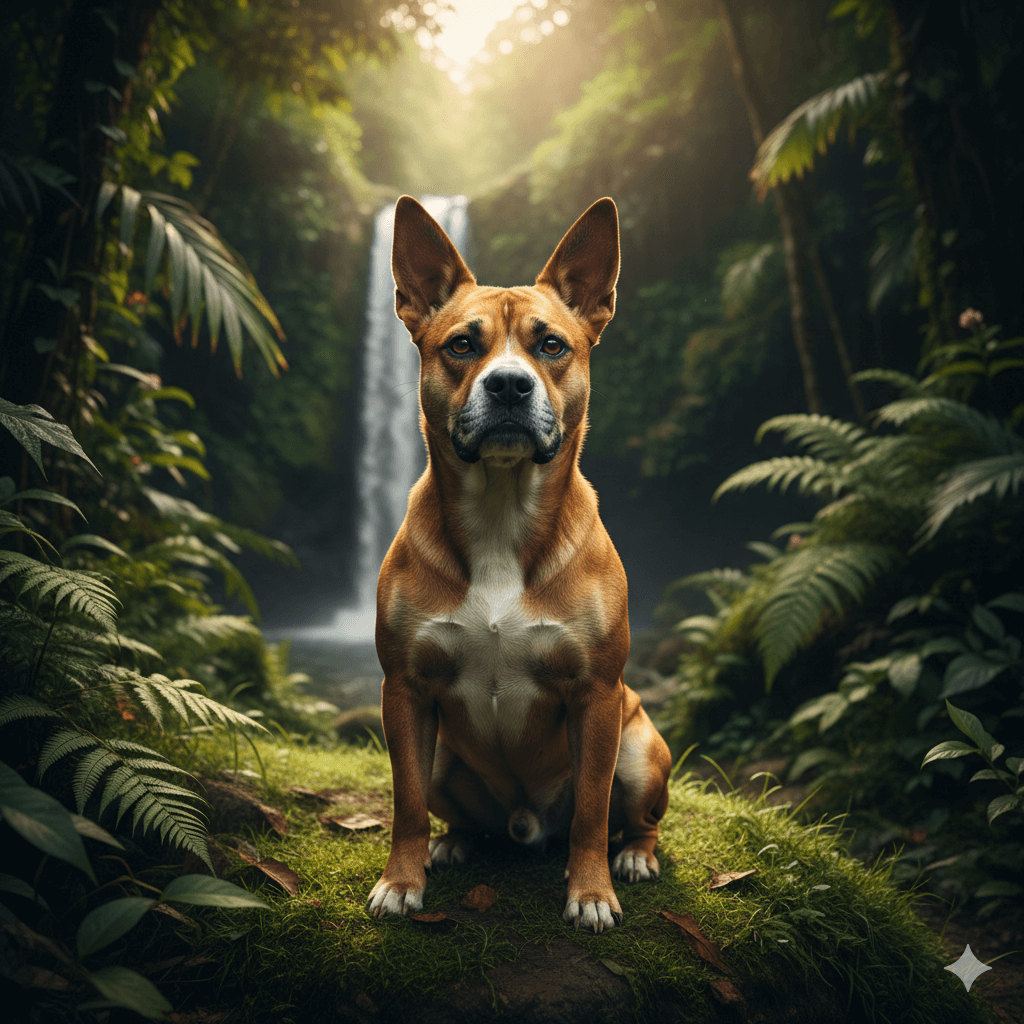Why Is My Dog Chewing His Fur Off? Understanding the Causes and Solutions
If you’ve noticed your dog chewing his fur excessively, it’s natural to feel concerned. This behavior can be alarming, especially when it leads to patches of missing fur or irritated skin. While occasional grooming is normal for dogs, excessive chewing often signals an underlying issue that needs attention. Whether it’s due to physical discomfort, emotional stress, or environmental factors, understanding why your dog is chewing his fur off is the first step toward helping them feel better. In this blog post, we’ll explore the potential causes of this behavior and provide practical solutions to address it.
Common Reasons Why Dogs Chew Their Fur
Dogs chew their fur for a variety of reasons, ranging from medical conditions to psychological triggers. Identifying the root cause is crucial to finding an effective solution. Here are some of the most common reasons behind this behavior.
Allergies:
Dogs can develop allergies to food, pollen, dust mites, or flea saliva, leading to itchy skin and excessive chewing.Parasites:
Fleas, ticks, and mites can irritate your dog’s skin, causing them to chew in an attempt to relieve the discomfort.Skin Infections:
Bacterial or fungal infections can cause redness, irritation, and itchiness, prompting your dog to chew their fur.Hormonal Imbalances:
Conditions like hypothyroidism can affect your dog’s skin and coat, making them more prone to chewing.Anxiety or Stress:
Emotional issues such as separation anxiety or boredom can manifest as obsessive chewing behaviors.
Understanding these common causes can help you narrow down the reason behind your dog’s behavior. Once identified, you can take steps to address the issue effectively.
Signs Your Dog’s Fur Chewing May Be a Problem
While occasional grooming is normal, certain signs indicate that your dog’s fur chewing has become problematic. Keep an eye out for these red flags to determine if intervention is needed.
Bald Patches:
Missing fur in specific areas is a clear sign that your dog is over-grooming.Red or Inflamed Skin:
Irritated skin beneath the chewed areas suggests an underlying issue like an infection or allergy.Excessive Licking or Biting:
If your dog spends hours licking or biting their fur, it’s time to investigate further.Behavioral Changes:
Increased restlessness, whining, or aggression may accompany excessive chewing.Odor from the Skin:
A foul smell could indicate a bacterial or yeast infection that requires treatment.
These signs should not be ignored, as they often point to a deeper problem. Early intervention can prevent further complications and ensure your dog stays healthy and comfortable.
Check this guide 👉Why Is My Dog Chewing Their Paws? Best 7 Expert Tips!
Check this guide 👉Why Does My Dog Chew on Rocks? Best 7 Expert Tips!
Check this guide 👉Why Does My Dog Like to Chew on My Hand? Best 7 Tips!
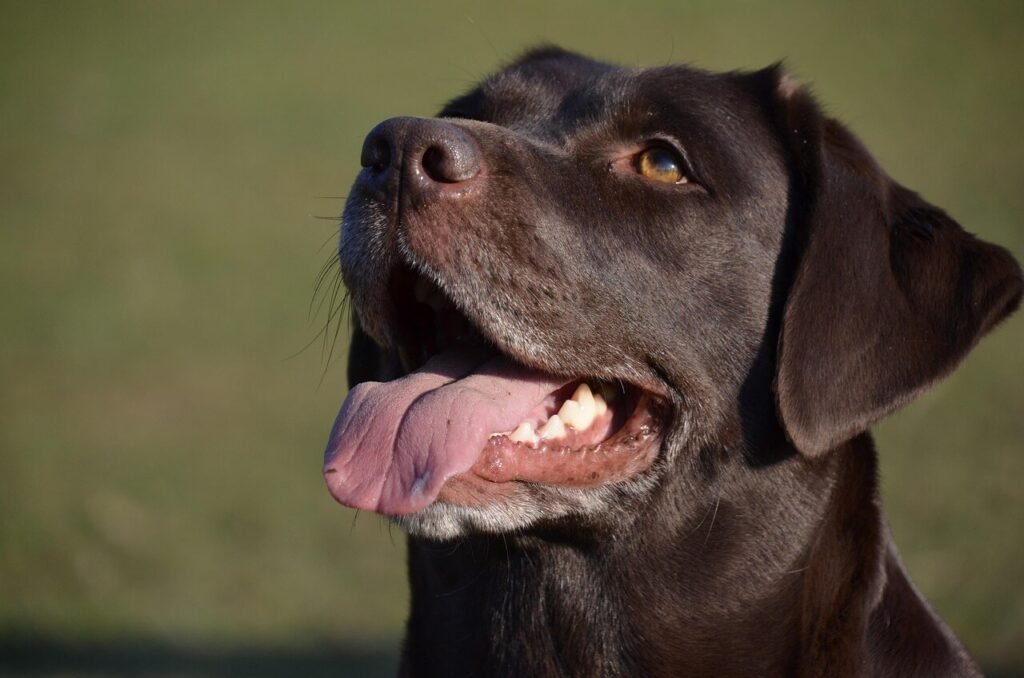
Physical Causes | Behavioral Causes |
|---|---|
Allergies | Anxiety |
Parasites (fleas, ticks) | Boredom |
Skin infections | Stress |
Hormonal imbalances | Obsessive-compulsive behavior |
Pain or injury | Lack of mental stimulation |
How to Address Excessive Fur Chewing in Dogs
Once you’ve identified the cause of your dog’s fur chewing, it’s time to take action. Here are some practical steps you can take to address the issue and help your dog feel better.
Visit the Vet:
Schedule a check-up to rule out medical conditions like allergies, infections, or hormonal imbalances.Improve Diet:
Switch to a high-quality, hypoallergenic diet if food allergies are suspected.Use Preventative Treatments:
Regularly apply flea and tick prevention products to keep parasites at bay.Provide Mental Stimulation:
Engage your dog with toys, puzzles, and training sessions to reduce boredom-related chewing.Create a Calm Environment:
Minimize stressors in your dog’s environment, such as loud noises or sudden changes in routine.
By addressing both physical and emotional factors, you can significantly reduce your dog’s urge to chew their fur. Consistency and patience are key to seeing improvement.
Preventing Future Episodes of Fur Chewing
Prevention is always better than cure. Taking proactive measures can help ensure your dog doesn’t resort to excessive fur chewing again. Here are some tips to keep your dog happy and healthy.
Regular Grooming:
Brush your dog’s coat frequently to remove loose fur and prevent matting, which can cause irritation.Monitor Diet Closely:
Keep track of any dietary changes and watch for reactions to new foods.Maintain a Routine:
Dogs thrive on consistency, so stick to a predictable schedule for feeding, walks, and playtime.Exercise Daily:
Ensure your dog gets enough physical activity to burn off excess energy and reduce stress.Check for Environmental Triggers:
Identify and eliminate potential allergens like pollen, dust, or cleaning products that might irritate your dog’s skin.
By implementing these preventative measures, you can reduce the likelihood of your dog developing excessive chewing habits in the future.
Natural Remedies for Itchy Skin
If your dog’s fur chewing is caused by itchy skin, natural remedies can provide relief without harsh chemicals. These options are safe and effective for mild cases.
Coconut Oil:
Apply a small amount to irritated areas to soothe the skin and promote healing.Oatmeal Baths:
Bathe your dog in oatmeal shampoo to reduce inflammation and calm itchy skin.Aloe Vera Gel:
Use pure aloe vera gel to moisturize dry, irritated skin and reduce redness.Apple Cider Vinegar Spray:
Mix equal parts water and apple cider vinegar to create a soothing spray for minor skin irritations.Fish Oil Supplements:
Add omega-3 fatty acids to your dog’s diet to improve skin health and reduce itching.
Natural remedies can complement veterinary treatments and provide additional comfort for your dog.
Behavioral Training Tips to Stop Chewing
Addressing the behavioral aspect of fur chewing requires consistent training and positive reinforcement. These tips can help redirect your dog’s focus.
Redirect with Toys:
Offer interactive toys or chew bones to distract your dog from chewing their fur.Reward Calm Behavior:
Praise your dog when they’re relaxed and not engaging in excessive chewing.Teach Commands:
Use commands like “leave it” or “stop” to interrupt unwanted chewing behaviors.Increase Socialization:
Spend quality time with your dog to reduce feelings of loneliness or anxiety.Consult a Trainer:
Seek professional guidance if the behavior persists despite your efforts.
Training and socialization can go a long way in curbing excessive chewing habits.
When to Consider Professional Help
Sometimes, excessive fur chewing requires the expertise of a professional. Knowing when to seek help ensures your dog receives the care they need.
Persistent Symptoms:
If the chewing continues despite home remedies and basic interventions, consult a vet.Severe Skin Damage:
Deep wounds or infections require immediate medical attention to prevent complications.Behavioral Specialists:
A certified animal behaviorist can help address underlying psychological issues.Nutritional Counseling:
A veterinary nutritionist can design a specialized diet plan for dogs with food allergies.Chronic Conditions:
Long-term issues like hormonal imbalances may need ongoing management by a specialist.
Professional help provides tailored solutions for complex cases, ensuring your dog’s well-being.
Frequently Asked Questions About Dogs Chewing Their Fur
Why does my dog chew his fur but not scratch?
Chewing may feel more soothing than scratching, especially if the skin is tender or inflamed.
Can stress cause my dog to chew his fur?
Yes, stress and anxiety can lead to compulsive behaviors like excessive chewing.
How do I know if my dog has fleas?
Look for signs like itching, red bumps, or tiny black specks (flea dirt) in their fur.
Should I use an Elizabethan collar to stop chewing?
While it can prevent further damage, it’s important to address the underlying cause rather than relying solely on the collar.
When should I take my dog to the vet?
If the chewing persists, causes bald patches, or is accompanied by other symptoms like lethargy or appetite loss, consult a vet immediately.
Helping Your Dog Break the Cycle of Fur Chewing
Excessive fur chewing is a sign that something isn’t right with your dog, whether it’s physical discomfort, emotional distress, or environmental factors. By paying close attention to their behavior and taking steps to address the root cause, you can help your furry friend feel happier and healthier. Remember, patience and persistence are essential when dealing with this issue. With the right care and support, your dog can overcome this habit and enjoy a life free from unnecessary stress and discomfort.
Telomian Chow Chow Mix: Best 7 Expert Tips! – Discover the unique blend of loyalty, agility, and independence in this rare hybrid. Perfect for devoted dog lovers!
Telomian Akita Mix: Best 7 Expert Tips! – Discover the perfect blend of loyalty, strength, and agility in this unique hybrid. Learn care, training, and health tips!
Telomian Bernese Mountain Dog Mix: Best 7 Expert Tips! – Discover the perfect blend of agility, loyalty, and charm in this unique hybrid companion.
Telomian Bulldog Mix: Best 7 Expert Tips! – Discover the perfect blend of loyalty, energy, and charm with this unique hybrid breed. Ideal for active families!

